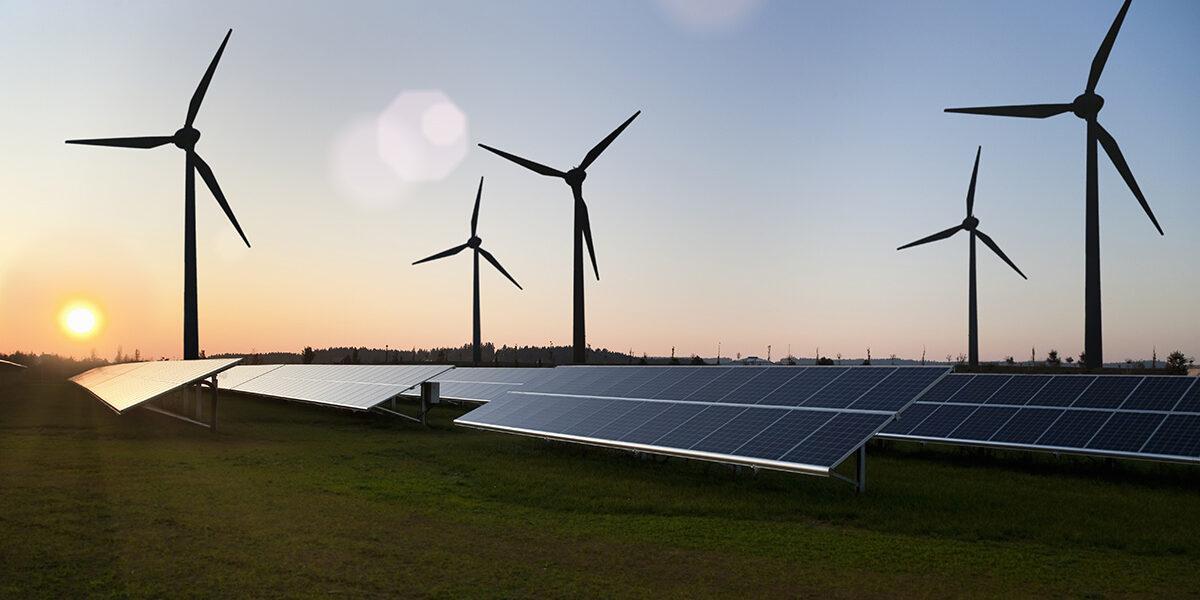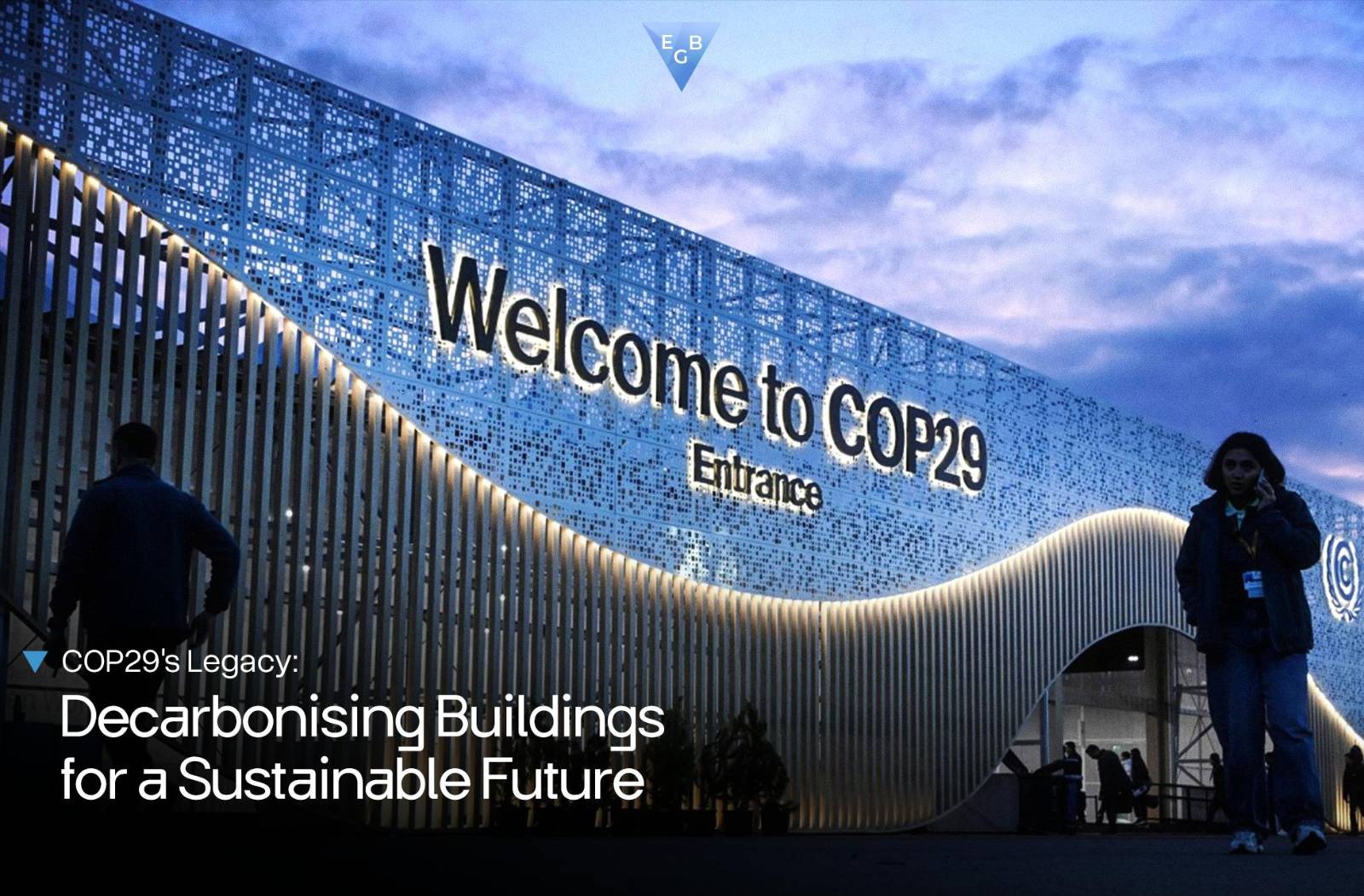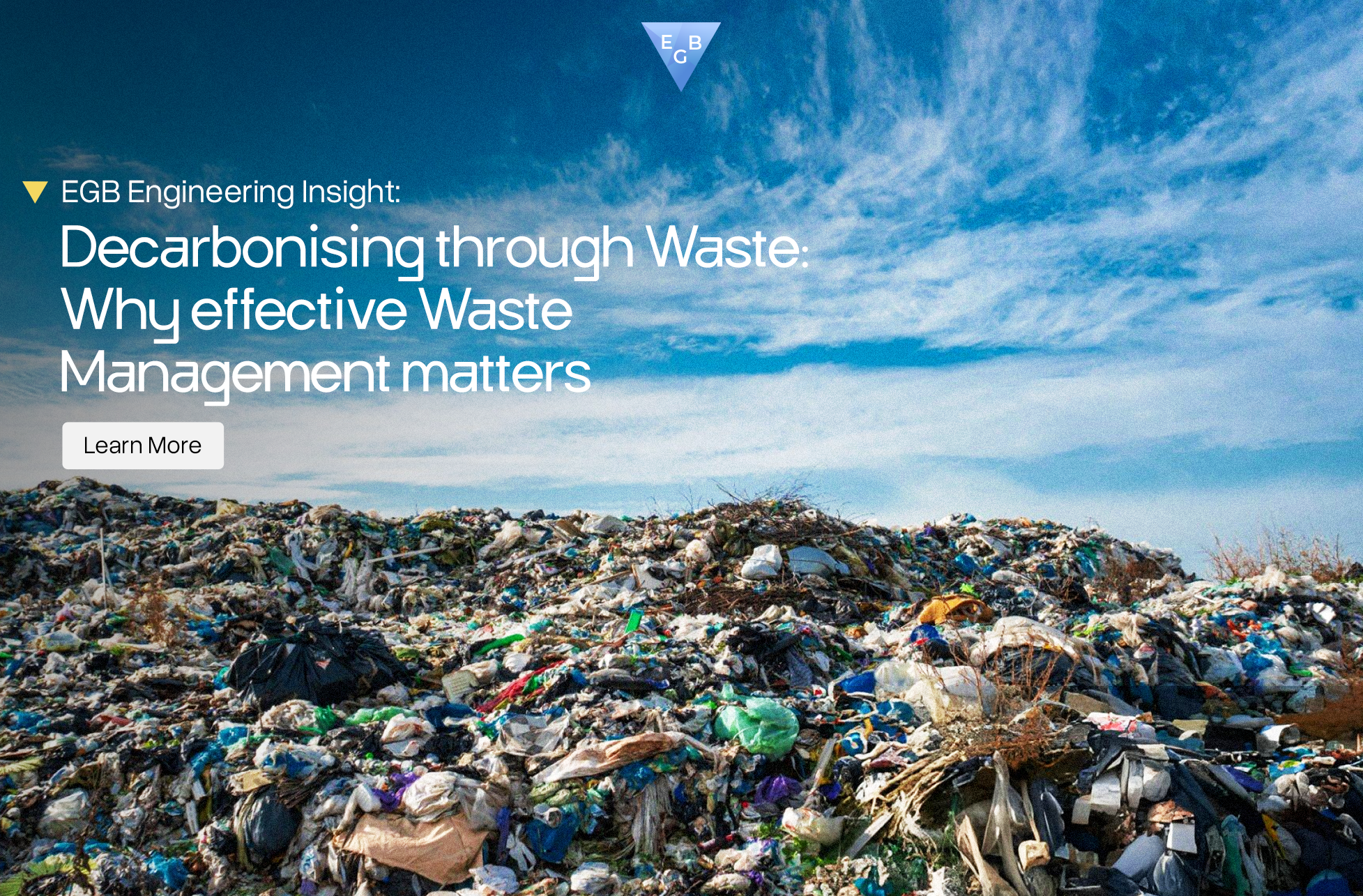
Impact Of COVID-19 On Renewable Energy Deployment
COVID-19 has been the catalyst for one of the starkest economic and energy setbacks in modern history. Full lockdown measures were implemented in roughly 100 countries worldwide in February 2020. The Lockdowns lasted ten weeks and were lifted in the second half of April 2020. While the lockdowns aided in containing the spread of the virus, they also had an impact on mobility and supply chains. It temporarily delayed the construction of renewable energy installations in key energy markets and global energy demands dropped exponentially at levels not seen in over 70 years.
Nonetheless, the pandemic has brought long-lasting implications for the energy transition – a breaking point for fossil fuels. The IEA states that the pandemic drastically slowed renewable energy deployment in the first half of 2020. Global renewable energy capacity additions dropped to 11% in 2020 – a loss of 40GW in solar PV and 17% less than 2019. Likewise, for wind energy, expansion was cut down by 8%. On the other hand, hydropower capacity increased in the first half of 2020, credited to large scale projects in China.
Despite varied lockdowns and mobility restrictions by country, renewable energy developers continued construction of renewable energy technology and further accelerated their installation once lockdowns were lifted to decrease the lag. However, despite the leading reductions in fossil fuel sourced energy and emissions, it is not enough to achieve and maintain the 2-degree global warming target or drive coal consumption to near zero.
To limit the global climate temperature crisis and achieve the targets defined in the Paris Agreement, the energy transition will require a montage of solutions not limited to renewable deployment and cutting down on fossil fuel demands. Hydrogen CCU (carbon, capture and utilisation) storage and biofuels need to be added to this mosaic to decarbonise energy systems at a global scale.
THE RISE IN RENEWABLE ENERGY IS NOT INCIDENTAL
While the pandemic was unexpected and incidental, the transition in the power sector is not. The incorporation of renewable energy into the grid is the result of various past policies, regulations, government incentives and innovations. Nonetheless, the pandemic did aid in accelerating renewable energy installations. This is attributed to the following three factors:
- Support For Renewables By Favourable Policies
Many countries have given renewables priority via market regulation. Meaning the priority is given to the least expensive source – cheaper and cleaner sources are favoured.
- Constant Innovation
Currently, renewable energy is the cheapest source of energy. IRENA reported that the cost of utility-scale solar has fallen by 85% from 2010 to 2020.
- Preferred Power Investment
Renewable energy is the preferred choice for new power plants by investors. For the past two decades, renewable energy has been growing steadily. As of 2020, renewable energy contributes 72% to all new power capacities (IRENA- Renewables Account for Almost Three-Quarters of New Capacity in 2019). Solar PV capacities are forecasted to increase further by 8% (over 145 GW) in 2021 (Renewable Energy Market Update 2021 by IEA).
During the lockdowns for the COVID-19 pandemic, electricity demands dropped to historical levels (15%-30%) in many countries and generated an oversupply of available power capacity. As a result, grid operators sought the cheapest, cleanest energy supply source to balance this weak electricity demand. This low demand increased the share of renewables in the power systems. In mere months, fossil fuel power generation reached a detrimental breaking point as major regions globally shifted their power sources to renewables.
COVID-19 ECONOMIC RECOVERY POLICIES COULD MAKE OR BREAK THE ENERGY TRANSITION
It is no surprise that the pandemic has had a significant adverse impact on the global economy. Major economies temporarily responded with hefty financial incentives, and therefore, consequently won’t accelerate the energy transition.
For instance, the EU aims to achieve a net-zero carbon economy by 2015 and has various policies in support of renewable growth in Europe. €225 billion, approved by the European Commission in July 2020, is dedicated to energy transition in the following three years.
Regardless, EGB believes that the global growth outlook for renewable deployment will remain intact even if global economies will prioritise employment and direct recovery and support measures to the economy over green growth. This is evident in China and India as reductions in tax credits and direct subsidies are seen, impacting the overall long-term prices. To stabilise the economy, the focus will be on heavy industries and restrictions on new coal plants will be relaxed.
GOVERNMENT AND INVESTORS TO HELP SPUR A GREENER TECHNOLOGY RESTART POST-COVID
The lockdowns gave the energy sector a huge opportunity – from clean energy policies to changes in demands patterns. All of this contributed to a greener grid without compromising on the security of supply. It continues to open further opportunities for investment and innovation by businesses and industries. Businesses, governments and investors can play a pivotal role in boosting clean investment by promoting low carbon supply chains and by keeping a lookout for opportunities in the clean energy markets. This will grant investors higher total returns (relative to fossil fuels) and also lower annual power instability.
Likewise, most governments have made new regulations and are supporting business. Their focus is on:
- To promote green conditions to maintain and manage a higher renewable power share
- Redirect investments to promote and increase innovation in technologies regarding storage, batteries, blockchains, digital markets and smarter grids.
To summarize, COVID-19 has a profound effect in accelerating the switch to clean energy transition within the power sector. Economies around the world want to keep the renewable energy ball rolling post-COVID-19. EGB believes that stimulating investments, policies on green recovery, and innovation in low carbon technologies will keep the clean energy curve elevated.
ABOUT EGB ENGINEERING
EGB Engineering is an international engineering consultancy firm with expertise in the field of power and propulsion. We provide sustainable and renewable engineering products and services to clients and operate in the aerospace, energy and nuclear industries.




